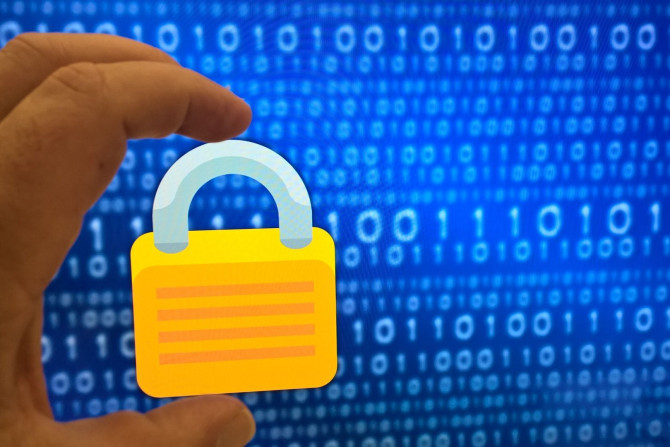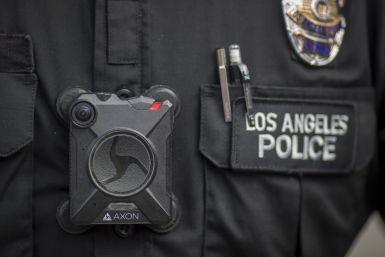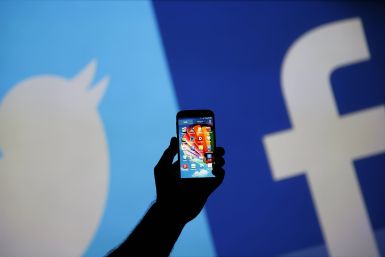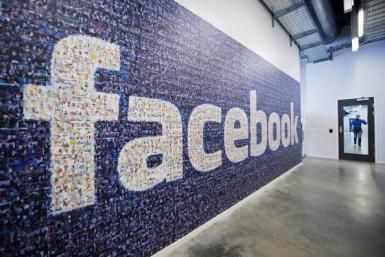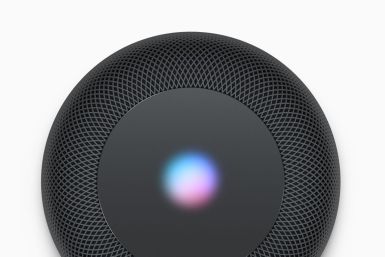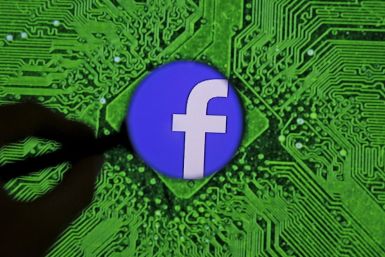"It should cause some concern for those of you that have children using Snapchat."
Encrypted messaging app Telegram faces a ban in Russia after refusing to comply with the country's data protection laws.
AT&T is considering bringing back its plan to charge subscribers an additional fee to ensure their privacy is protected.
Police in more than 90 U.S. cities have installed covert, gunshot-detecting microphones that instantly detect and GPS-alert police to within 11 feet of gunfire.
A study revealed some of the biggest banks and financial institutions have third-party trackers on their websites that can record a considerable amount of personal information, from browsing activity to even account balances.
A survey found 67 percent of respondents use the same password for social media accounts, putting their security on the line.
A new study by security firm McAfee found people are willing to sacrifice security for convenience with their technology while traveling.
A patent filing from Facebook has the company exploring ways to further fine-tune its News Feed.
Apple reportedly is struggling to boost Siri above its competitors because of employee departures and a culture that prioritizes user privacy.
Medical crowdfunding can literally be a lifesaver, but there is a downside.
Facebook's new security settings page has renamed "login approvals" to the much more common term "two-factor authentication."
A vulnerability discovered in Google Chrome would allow an attacker to record audio or video from a user's device without the victim knowing.
Here are some of the best Chrome extensions to help keep yourself organized.
An update to the firmware of a Netgear router designed to fix a major security flaw also added a data collection tool that sends a considerable amount of information back to the company.
A survey conducted by BestVPN.com found the majority of UK citizens are unaware of the government's ability to access their data since the passing of the Investigatory Powers Bill earlier this year.
If passed, tech companies such as Google and Microsoft will be obligated to hand over user information that is stored on overseas servers.
Twitter's privacy policy automatically will change June 18, and by being a user, you automatically agree to it.
The U.S. Government Accountability Office released a report on the internet of things, highlighting the security risks of web-connected devices.
A new survey shows Americans are losing faith in the government's ability to protect consumers, including a decline in trust in regulation of the auto industry, data protection and health care access.
The Hushme closes over your mouth like Bane’s mask to muffle your voice on private phone calls.
President Trump's 2020 campaign website came with sketchy terms and conditions.
A bill proposed by a California lawmaker would allow residents of the state to block their license plates when parked to prevent automatic scanners from collecting plate numbers and locations.


